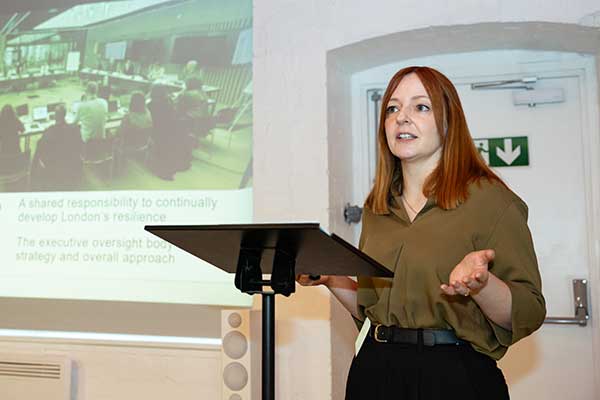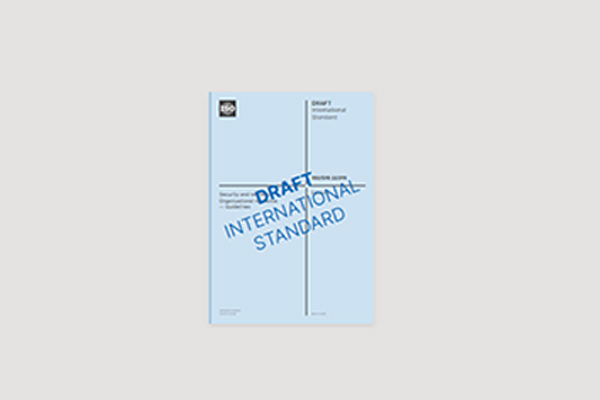Robert Hall, Executive Director, Resilience First
Some commentators have praised the resilience of the Prime Minister, saying she shows tenacity and fortitude in the face of adversity.
Yet others suggest that inflexibility is her defining characteristic.
Whether directed at the PM or elsewhere, the question of what constitutes resilience is an important one.
Resilience is an increasingly used word; it is applied to the economy, the NHS, the military. The Treasury has asked the National Infrastructure Commission to conduct a study on the nation’s resilience.
Whether people or systems, are we in a danger of overusing the word and losing its significance?
Originally, resilience was applied to materials that could be distorted but would return to shape.
Then came the resilience of ecosystems which could cope with disruptions but recover without significant harm.
Today, we apply it to citizens, communities, corporations and countries alike to reflect an ability to bounce back from major incidents or interruptions.
Yet, such shocks rarely result in a return to the status quo ante when people are concerned.
Rather the trauma and recovery are likely to see changes in behaviour, a willingness to learn, and a desire or need to adapt to the new situation.
This requires both flexibility and agility, but not necessarily expertise. It is why children are often more resilient than adults.
Systems and networks, underpinned by technology, allow a complex environment to function flexibly and reliably, but ultimately it is people who allow resilience to shine through.
Soft skills – leadership, trust, empowerment and communication – are the key drivers of resilience.
Some say London is not a very resilient city by virtue of its infrastructure; it is Londoners and their adaptability that make it so.
The jury is out on how resilient the PM is or will be, but a better understanding of the word resilience gives a basis for passing early judgement.
For further reading, please visit our Knowledge Hub.



